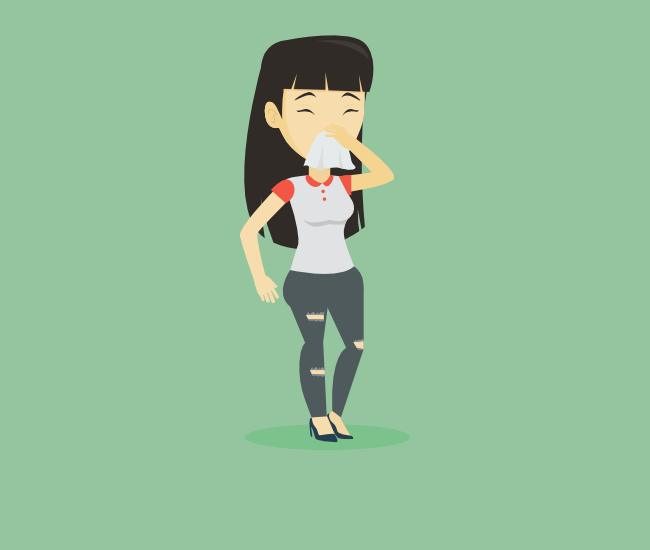You know what CPR is and you understand why it is so important, but the big question on everyone’s mind these days is whether or not they can actually contract an illness while performing this lifesaving procedure. This concern is one of the reasons that many people fail to become involved in life-saving procedures, and quite a few CPR-certified individuals simply stand on the sidelines watching the scene unfold. It sounds horrible, but thanks to the spread of misinformation and the lack of reliable data online, it is no surprise that so many people tend to stay out of it.
Here’s the big question: are lives being lost simply because of misinformation? We would dare to say yes.
Does Disease Really Spread through Mouth-to-Mouth Contact?
Let’s go back in time for a minute, to the 80s, actually. Do you remember when HIV and other STDs first came to light? This is precisely when people started to feel concerned about CPR and as I was growing up, I seem to remember my parents saying something along the lines of: “Never give CPR to someone you don’t know” right after I earned my certification through a school-sponsored course.
There are some bacteria that might transfer during the course of CPR which include Hepatitis C, but contracting a disease through mouth-to-mouth contact? There hasn’t really been any evidence to support this theory, not by any means.
Recently, COVID-19 has lead to questions about this, as it is highly transmissible. At this time, there is no data on the transmission of COVID-19 when doing CPR or First Aid. However, it is completely reasonable to come to the conclusion that both CPR and First Aid can create the atmosphere for transmission of COVID-19. For instance, doing chest compressions will cause you to sweat, and that has the potential to generate respiratory droplets or aerosols that have the risk of transmission. And some first aid treatments also have you in close enough contact to risk it as well. And with the variants spreading faster and with a lower level of exposure, it is important to do what you can to protect yourself and mitigate the risk.
Protecting Yourself
There are a few things that you can do to protect on the off chance that you actually are in danger during the course of CPR, one of which is to know the patient’s medical history. If you are giving CPR to someone you know there is a good chance you know precisely where they have been and what kind of people they usually come in contact with. This makes it pretty easy to guess what you’re dealing with, so you can take heart in that. The second way to protect yourself would be to use a face shield with a one-way valve and gloves (also referred to as personal protective equipment) to ensure you aren’t dealing with bacteria or other illnesses that could be detrimental to you.
When it comes to viruses like COVID-19, getting vaccinated can help, and if you’re a lay-rescuer, do hands-only CPR. If a person is not trained to give breaths or does not feel comfortable giving breaths for any reason, then compressions only CPR is appropriate. The benefit of promoting hands-only CPR is simplicity so that people will be more likely to act in an emergency. However, according to the current guidelines, it is true that the best care is to still give cycles of 30 chest compressions to 2 breaths for CPR whether lay rescuers or healthcare providers. The key with CPR is to circulate blood with oxygen. The blood will most likely have some residual oxygen for a time so that hands-only CPR will be effective at least for a short time. However, after a period of time breaths are needed to replenish oxygen in the bloodstream to get oxygen to the vital organs.
Assessing the Threat
So now it comes down to this very important question: can you really catch a disease from mouth-to-mouth contact? The short answer is obviously going to be yes, but the other short answer is: protect yourself. Just because something has not yet happened does not mean it cannot happen, and your chances are actually increased if you have an open wound or a sore in the area that makes contact. That being said, always be wary. When in doubt, get yourself checked after the fact.

